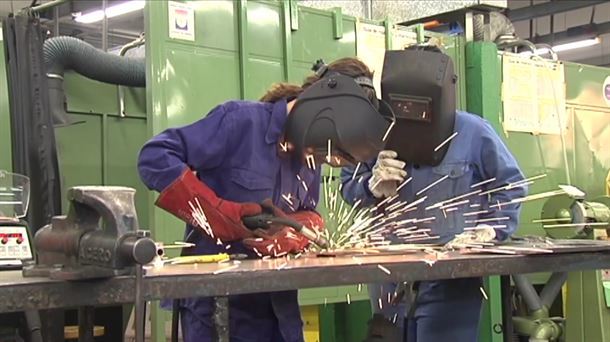In Austria, only every third mother works with a child under the age of three. Missing or too expensive care offers are rarely the reason for not going to work. The majority indicated that they wanted to take care of their child themselves. This is according to the report “Families in Numbers” of the Austrian Institute for Family Research (ÖIF).
The fact that mothers want to take care of their child themselves is also the reason for the high part-time percentage among women with older children. In order to better enable women to return to work, representatives of federal politics and social partners have been arguing for years for more kindergartens, especially for the youngest. However, the new report shows that the availability of childcare rarely plays a role in whether or not the child’s mother goes to work. 79 percent of non-working women with a child in the first year stay at home because they want to take care of it themselves.
For some, healthcare is too expensive
Only 4.3 percent give the reason that the supply is too expensive. Another 2.9 percent say that there is no suitable childcare on offer. These reasons are mainly given by mothers of two-year-olds (14 percent see too little availability here).
“In Austria, a woman is considered a bad mother if she takes care of a small child outside the home, and in France she is a bad mother if she takes care of it at home because then she has no social contact with other children.” says Isabella Buber-Ennser from the Institute of Demography of the Academy of Sciences (ÖAW). Another explanation for the central result is that the image of stressed working mothers can have a deterrent effect. There would be a lack of positive role models here. At the same time, work-life compatibility is becoming increasingly important, which can also lead to longer periods of parental leave.
Even with part-time work, gender roles would have a greater impact than care provision. Eight out of ten women say they want to take care of their child themselves. According to the ÖIF compilation “Women in the world of work”, full-time work for women with children under the age of 15 is only permitted if it is absolutely necessary financially, for example in the case of single parents.
Still important to expand the care
Despite these results, according to Buber-Ennser, it is important to increase the number of kindergarten places for the very youngest. When the youngest child is two years old, two-thirds of women have a job again. In addition, children of non-working mothers would also attend kindergarten.
Source: Krone
I am Wallace Jones, an experienced journalist. I specialize in writing for the world section of Today Times Live. With over a decade of experience, I have developed an eye for detail when it comes to reporting on local and global stories. My passion lies in uncovering the truth through my investigative skills and creating thought-provoking content that resonates with readers worldwide.



